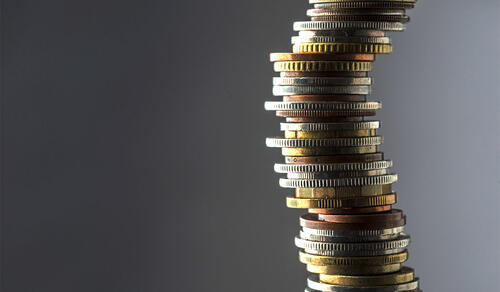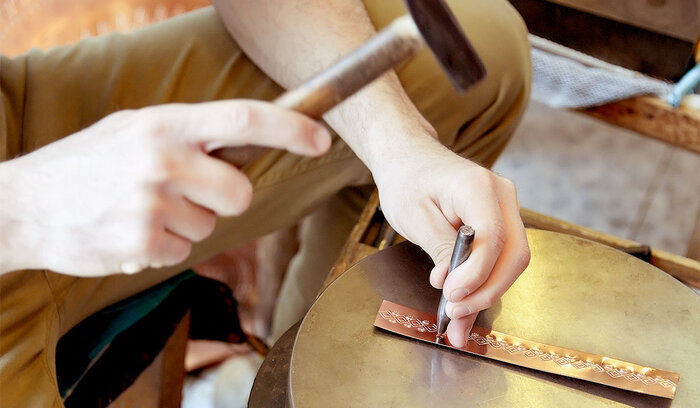
Florin
[FLOR-in]
Part of speech: noun
Origin: Middle English, 14th century
1.
A foreign coin of gold or silver, especially a Dutch guilder.
2.
A former British coin and monetary unit worth two shillings.
Examples of Florin in a sentence
"I wonder how many florins Michelangelo received for painting the Sistine Chapel."
"The treasure chest contained a number of gold florins and other antique riches."
About Florin
“Florin” entered Middle English as a relative of the Italian term “fiorino,” meaning “little flower,” since the earliest florin coins bore the image of a flower.
Did you Know?
The original gold coin known in English as the “florin” was mass-produced in Florence, Italy, between 1252 and 1533. It was used across Europe and became synonymous with the Renaissance. Many naturally assume that the word “florin” is a diminutive form of “Florence,” but this is a coincidence. Rather, the coin was known in Italian as “fiorino d'oro,” or “little golden flower,” a reference to the fleur-de-lis (a stylized lily) it bore on one side. “Florin” is an anglicization of “fiorino.”








